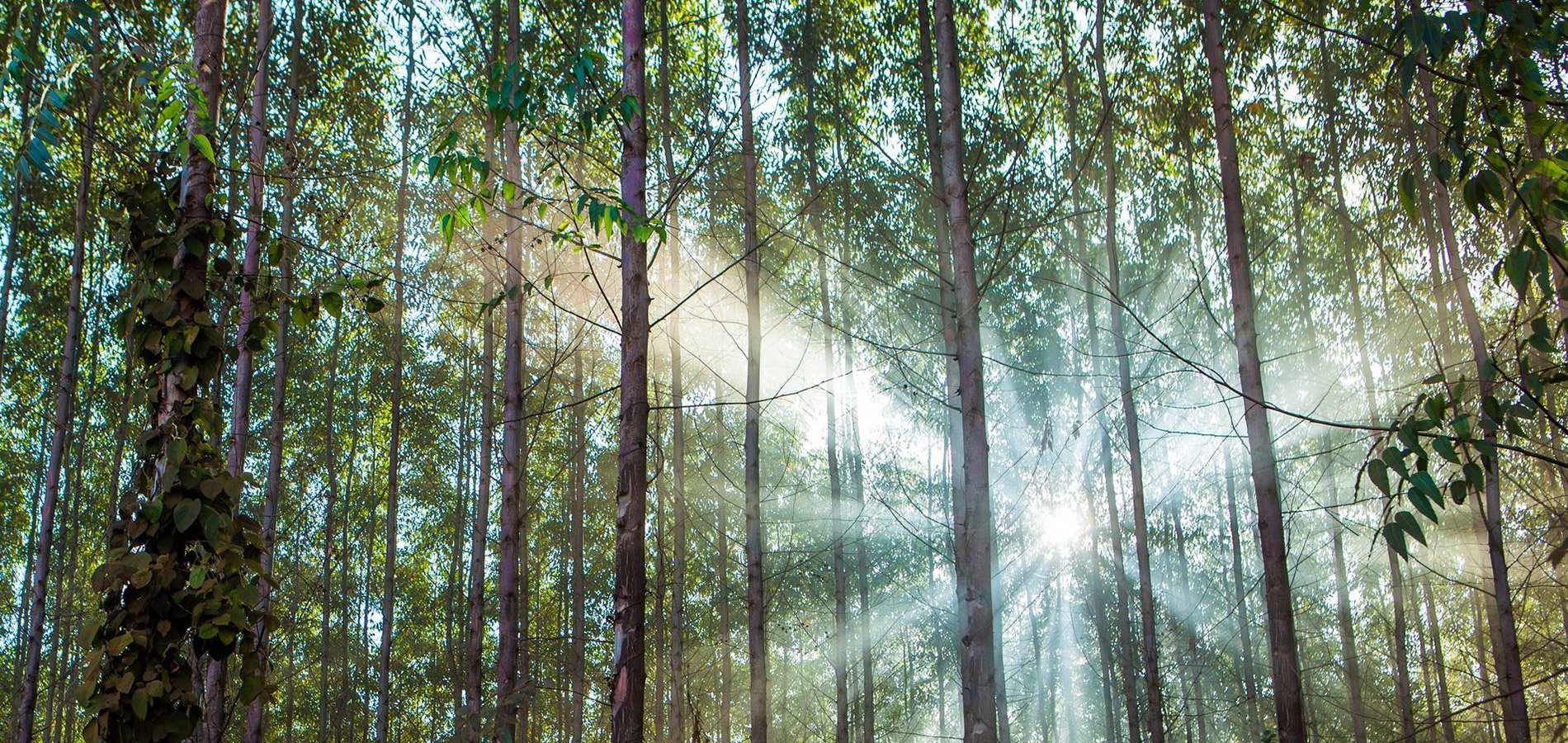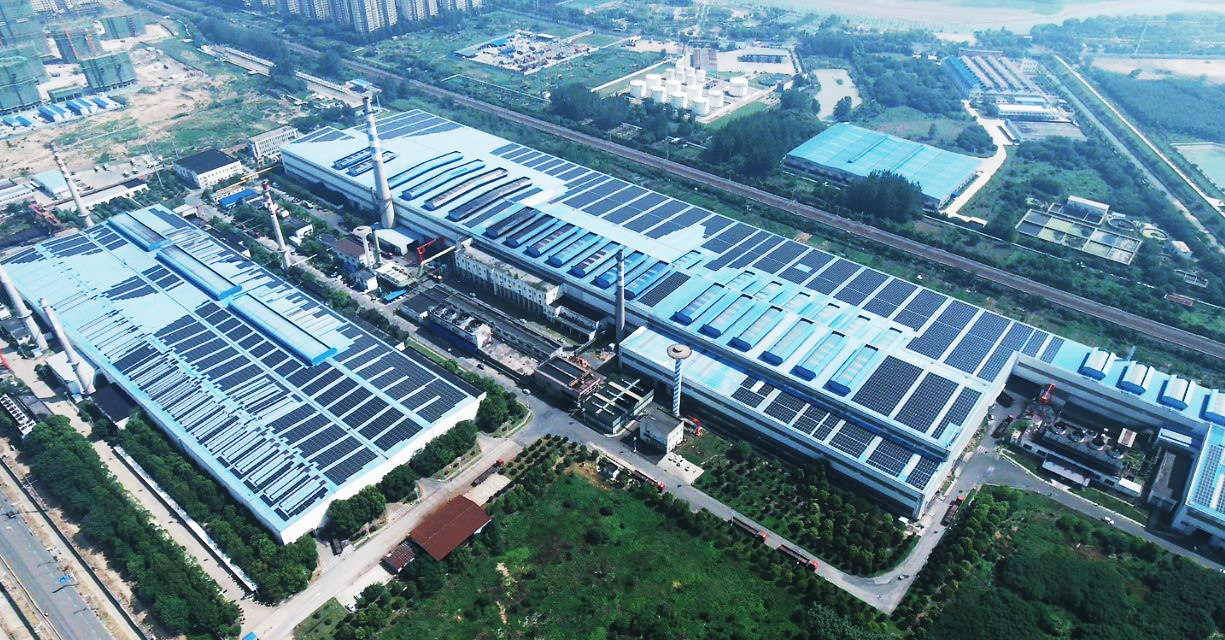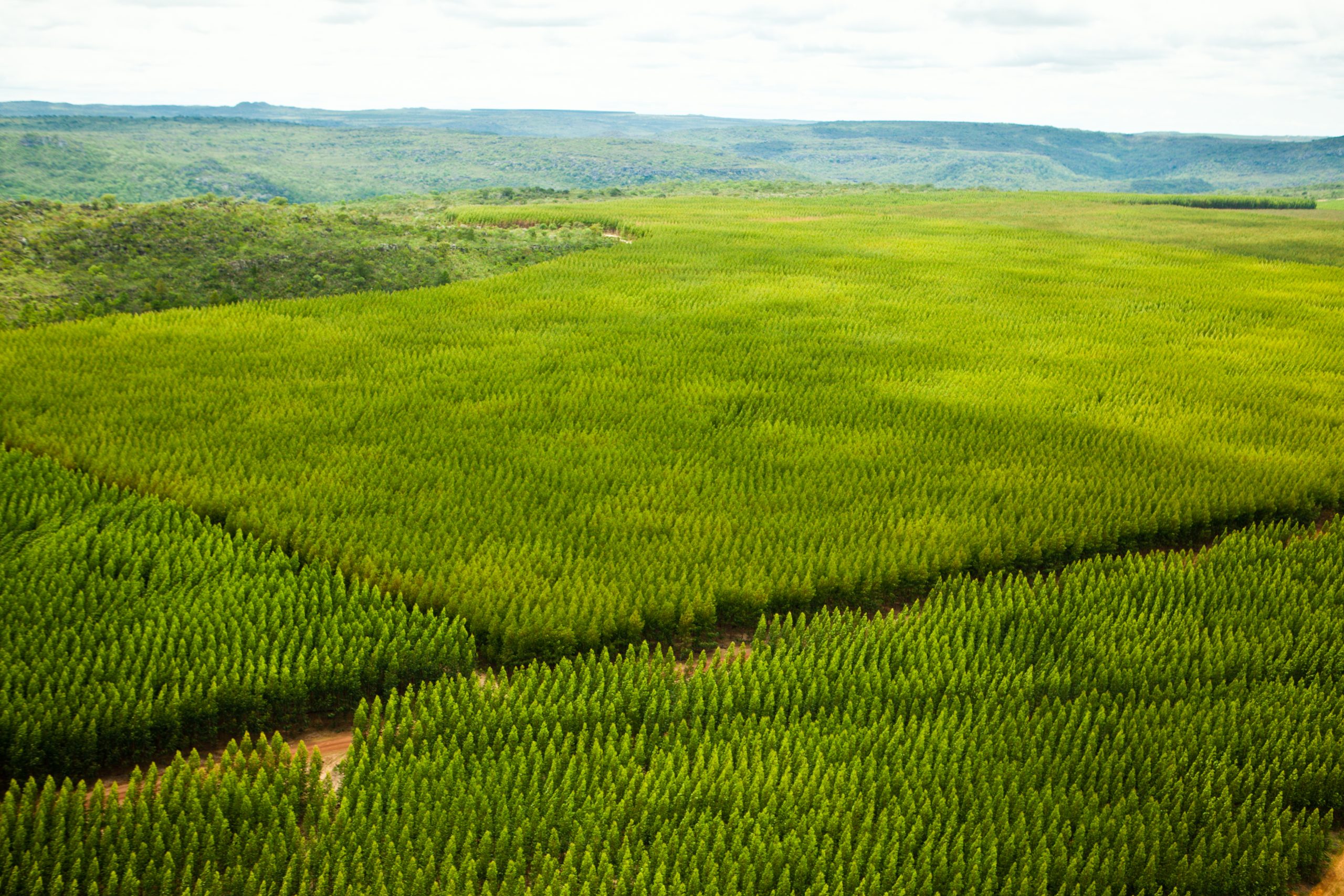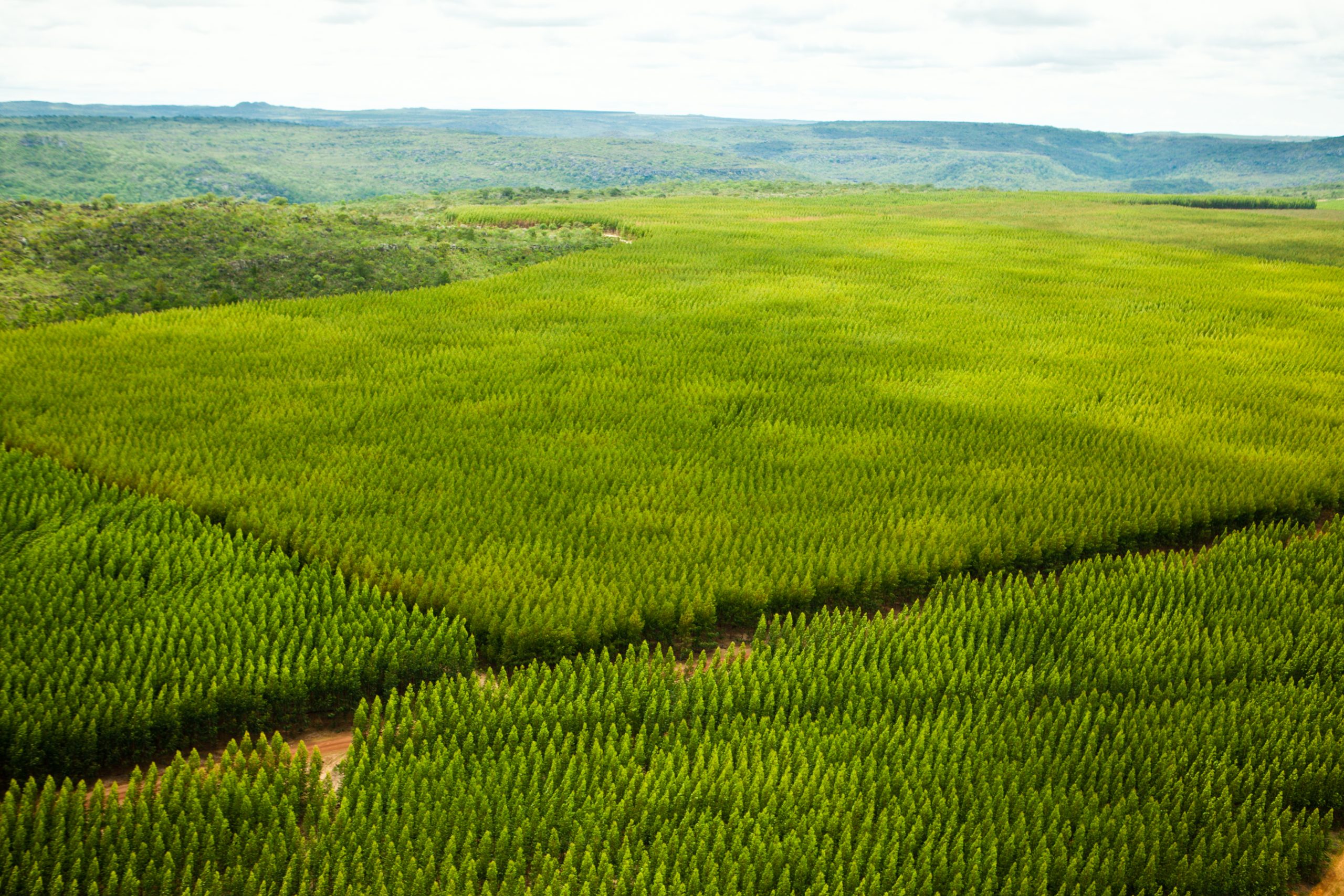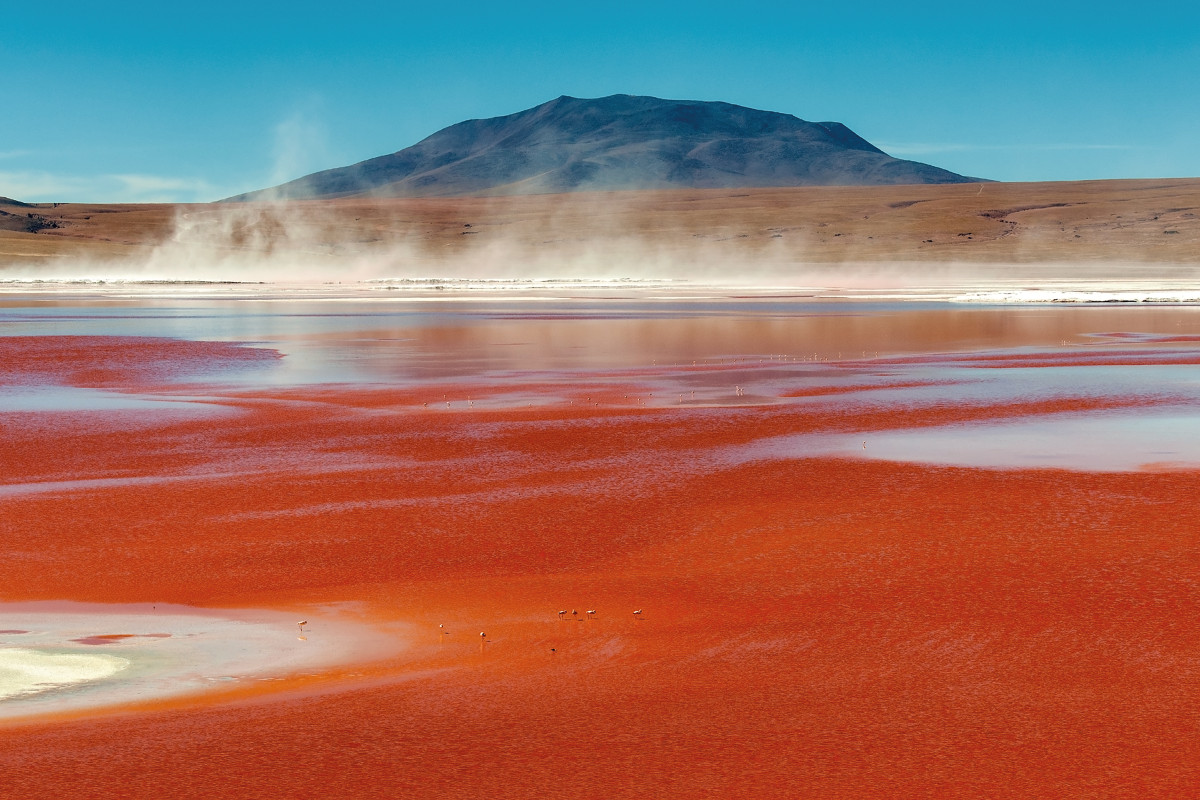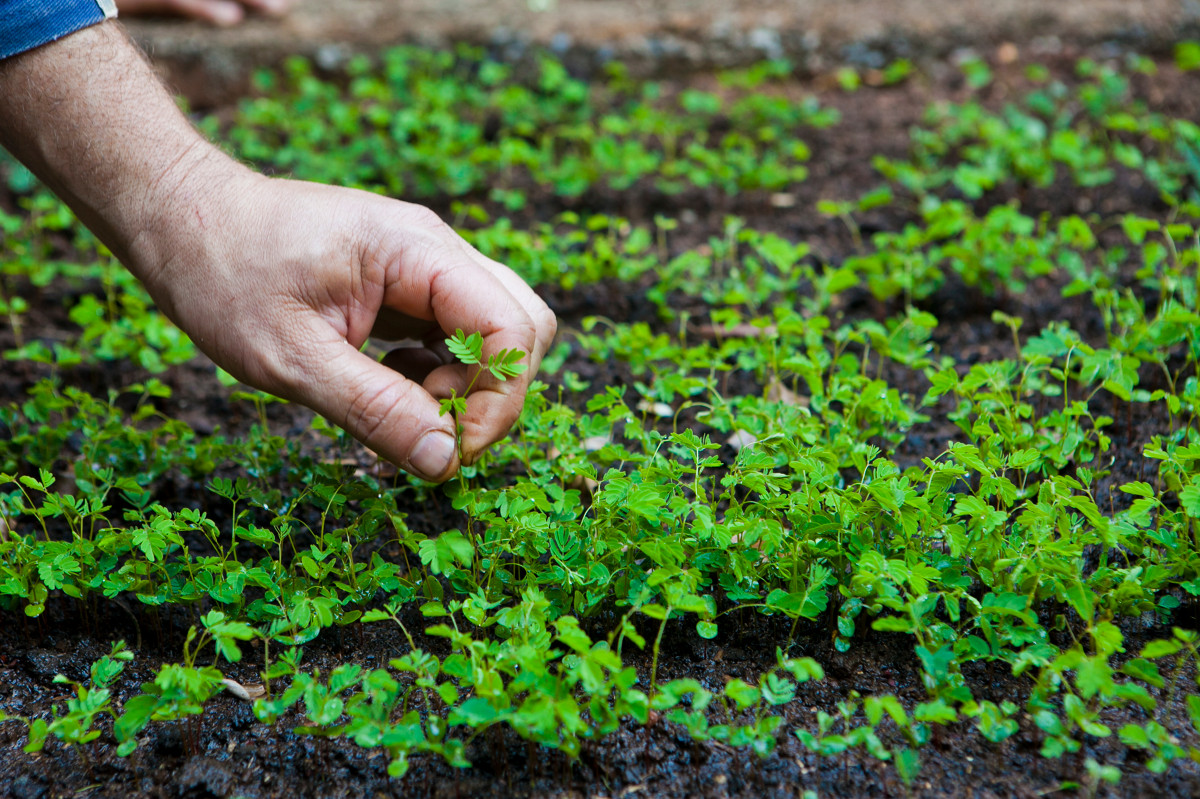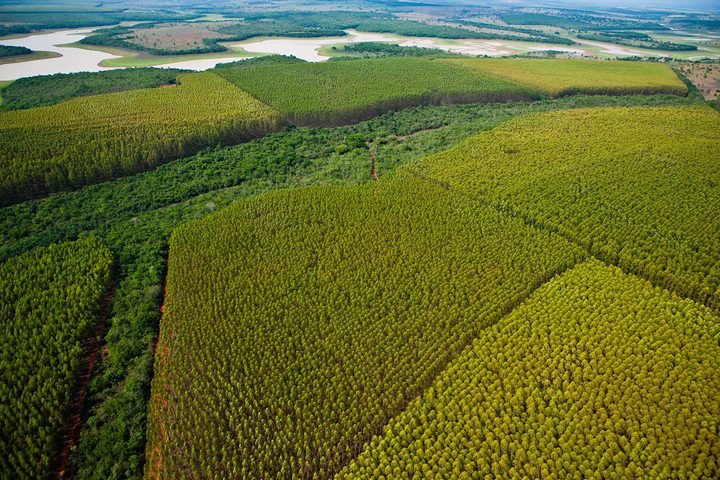Bzz, Bzzz… Vallourec’s Buzzing for Biodiversity
Educate to Preserve: Training and Actions for Biodiversity
Biodiversity is the collection of animal and plant species that inhabit a given environment and plays an essential role in maintaining ecosystems’ balance. Its preservation is extremely important for the future of the planet and is directly linked to how we interact with this environment and carry out our activities. From the decomposition of organic matter to pollination and pest control, living organisms are essential to the functioning of nature. That’s why, at Vallourec, protecting biodiversity goes far beyond an environmental concern – it’s a commitment!
With that in mind, in May, South America held a training session for 24 employees from the Environmental area and the Fire Brigade teams at the Barreiro and Jeceaba units, focused on the theme: “Rescue and Handling of Native Bees, Wasps, and Apis mellifera (or European honeybees).” In addition to promoting respect for biodiversity, the training also aimed to comply with environmental regulations and reinforce safety practices.
The training lasted three days, during which these employees were trained in the safe and legal handling of beehives, focusing on removal, placement in nesting boxes, and responsible transfer to licensed beekeepers. In addition, modules covered ecology and the dynamics of bee and wasp attacks, risk situation identification, Personal Protective Equipment (PPE), and first aid for accident cases. To conclude, the participants also took part in a supervised practical field exercise.
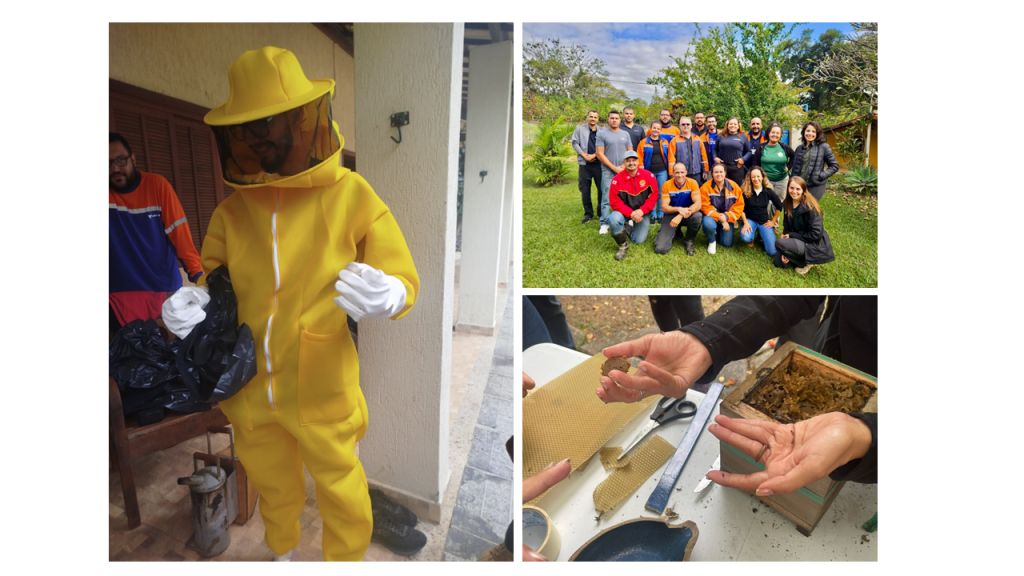
Protecting Wildlife, Empowering Communities
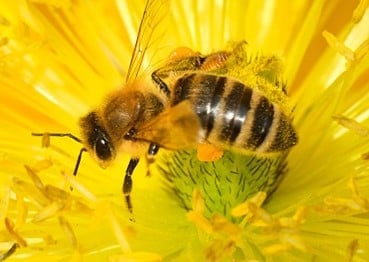
Currently, the project benefits 183 beekeepers from six associations across three cities (Bocaíuva, Curvelo, and João Pinheiro), promoting income generation in the communities surrounding our operations.
In 2024, approximately 50 tons of honey were produced, generating a gross income of R$640,000 for the participating beekeepers. The Beekeeping Project reinforces Vallourec’s commitment to sustainable development, community empowerment, and the responsible use of natural resources.
